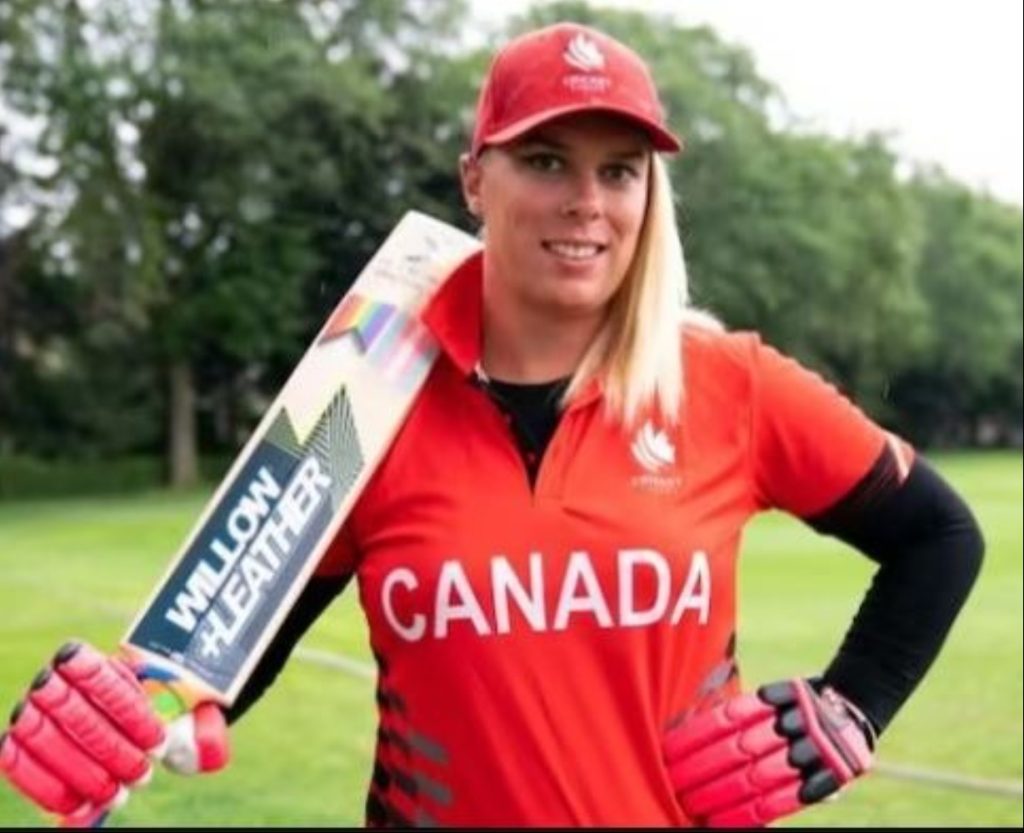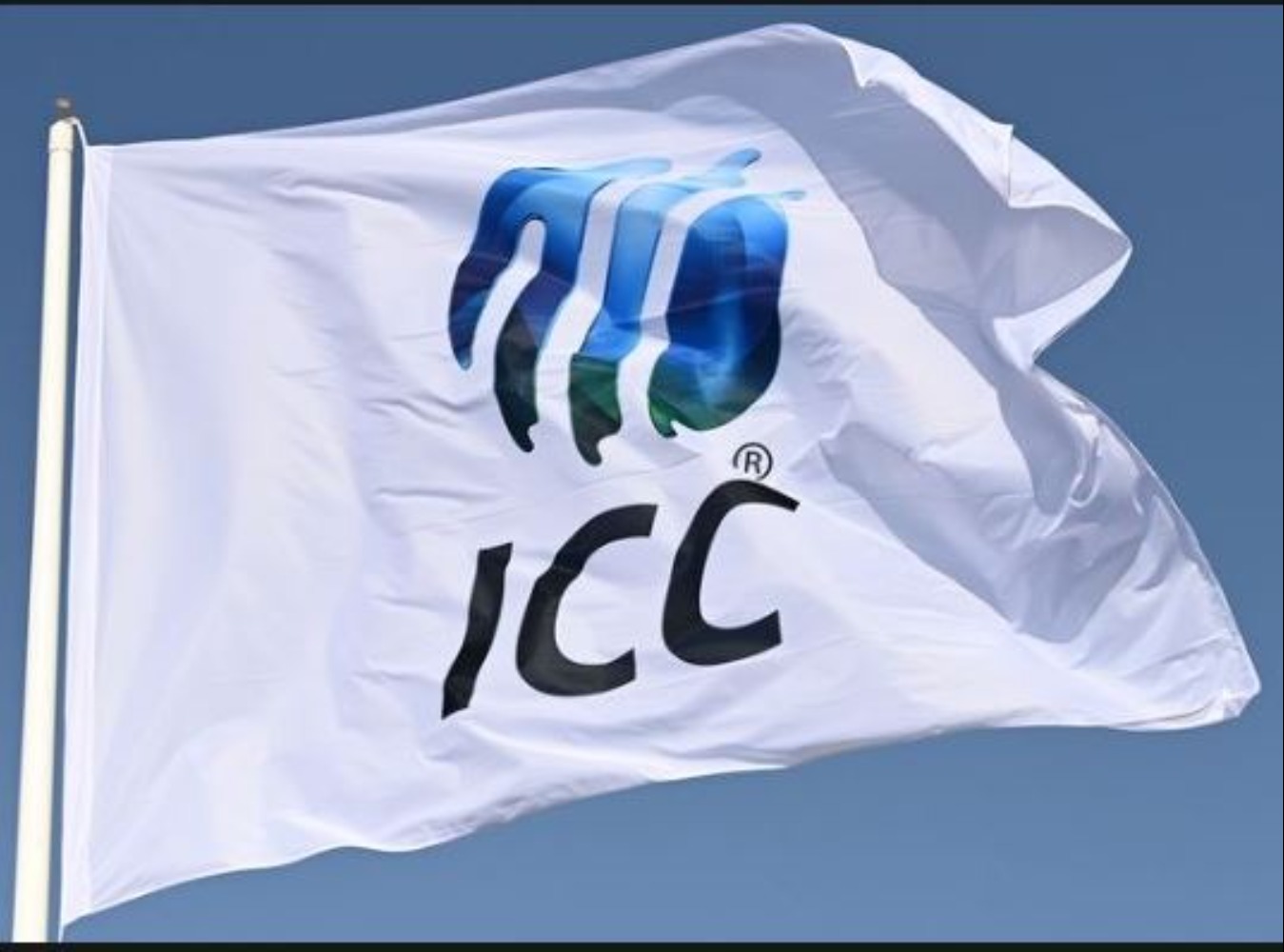Devanjana Mukherjee, Khabri Media
The debate also delves into the broader conversation around the evolving understanding of gender identity in sports.

Pic: Social Media
In a move that has ignited a firestorm of debate, the International Cricket Council (ICC) recently announced a ban on transgender players participating in women’s international cricket if they have gone through male puberty. To subscribe please click tau.id/2iy6f and access our live channel.
DON’T MISS: ‘Free Palestine’ Slogan shouted during match
This decision has generated intense discussions globally, with advocates for transgender rights arguing against what they see as a regressive and discriminatory policy, while others support the move, citing concerns about fair competition.
The ICC said it had taken the decision, following an extensive scientific review and nine-month consultation. The organization asserts that there are inherent physical differences between male and female athletes that could provide transgender women with an advantage in the women’s game.
Explaining the sport’s decision, the ICC chief executive, Geoff Allardice, said: “Inclusivity is incredibly important to us as a sport, but our priority was to protect the integrity of the international women’s game and the safety of players.”

Pic: Social Media
The new policy comes just two months after Canada’s Danielle McGahey caused controversy by becoming the first transgender cricketer to take part in an official international match during a women’s T20 fixture against Brazil.
International Women’s Cricket Council joins rugby union, swimming, cycling, athletics and rugby league, who have all gone down a similar path in recent years after citing concerns over fairness or safety. Critics, however, argue that the ban is discriminatory and fails to consider the diversity of experiences among transgender individuals.




